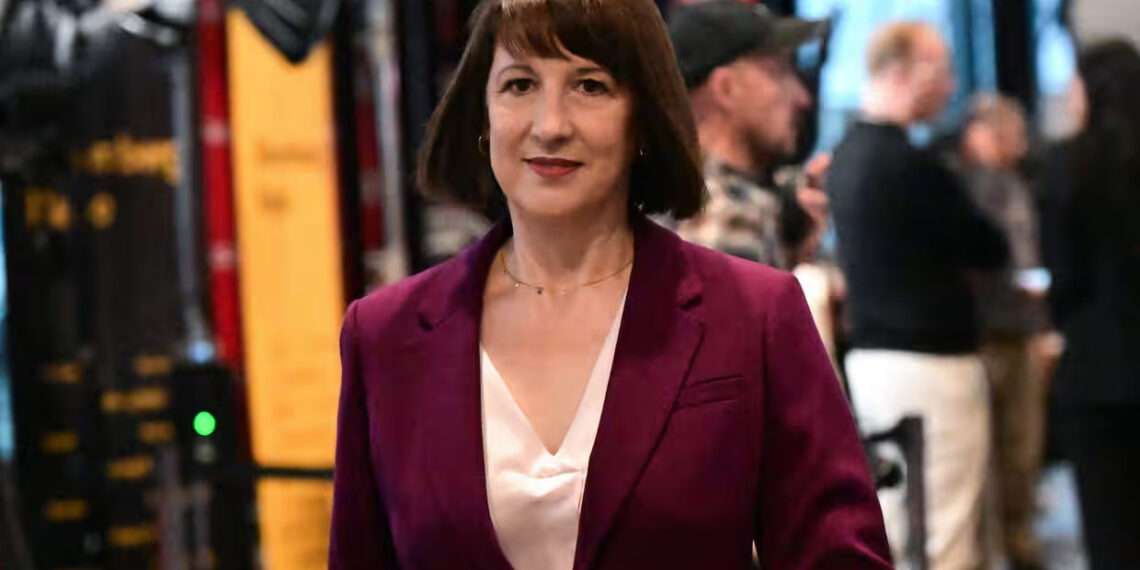Retailers across the United Kingdom are raising alarm bells ahead of the autumn budget, warning Chancellor Rachel Reeves against further tax hikes that could fuel inflation and deepen the financial strain on households.
A new report from the British Retail Consortium (BRC) reveals that 56 percent of retail finance chiefs, representing over 9,000 stores, are “pessimistic” about the outlook for the coming year. Their caution stems from concerns that additional levies, particularly following the national insurance increase introduced in Reeves’ first budget, could lead to higher shop prices and a chilling effect on local employment.
The impact of earlier measures is already being felt. High-street names like Iceland, Poundland, and New Look have shuttered locations, citing increased operating costs. BRC chief executive Helen Dickinson urged the government not to “add further costs to retailers and high streets” in the upcoming fiscal plans.
“It will be the British public who suffer from the knock-on impact on inflation. Retail was squarely in the firing line of the last Budget, with the industry hit by £7bn in new costs and taxes.”
Helen Dickinson
She explained that while retailers have “done everything they can to shield their customers from higher costs,” the combination of “slim margins and the rising cost of employing staff” has made price hikes inevitable. “The consequences are now being felt by households as many struggle to cope with the rising cost of their weekly shop,” she added.

Industry Struggles To Keep Prices Down
The report lands amid rising questions over how the government plans to address a growing shortfall in public finances. Several recent policy U-turns, including a £5 billion reversal on welfare cuts, have left ministers scrambling for ways to fill the gap. With spending already squeezed by departmental cuts announced in June, expectations are mounting that Reeves will resort to further tax increases.
Retailers are urging caution. The BRC warns that food inflation could reach 6 percent by the year’s end—up from the current 4 percent—posing a “significant challenge” to consumer budgets in the critical holiday season.
The report also highlights widespread belt-tightening across the sector. Eighty-five percent of CFOs said they were forced to raise prices due to the last budget’s rise in employer national insurance contributions and the higher national living wage. Looking ahead, 65 percent foresee additional price hikes.
The financial strain has translated into reduced hiring and store closures. Forty-two percent of retail financial officers reported freezing recruitment, while 38 percent said they had already reduced in-store staffing. Official figures support this trend, showing a decline of nearly 100,000 retail jobs in the first quarter of 2025 compared to the same period in the previous year.
In addition to layoffs, 38 percent of CFOs have cut investment in local communities, and 15 percent have postponed plans to open new outlets.
Recent data from Worldpanel by Numerator, formerly Kantar, underlines the public’s growing anxiety. Grocery inflation rose to 5.2 percent in the four weeks ending July 13, its fastest pace in 18 months. The average UK household is expected to spend an additional £275 annually on groceries if the trend continues.
While businesses sound the alarm, the Treasury maintains a different stance. An HM Treasury spokesperson defended the government’s economic direction: “We are a pro-business government which has capped corporation tax and struck major trade deals with the EU, US, and India—cutting costs, protecting jobs, and fuelling growth.”
However, the debate over how to balance public finances without stifling growth or burdening consumers continues to intensify as budget day nears.
READ ALSO: Lands Minister Extends Mining Licence Rectification Deadline to August 2025



















